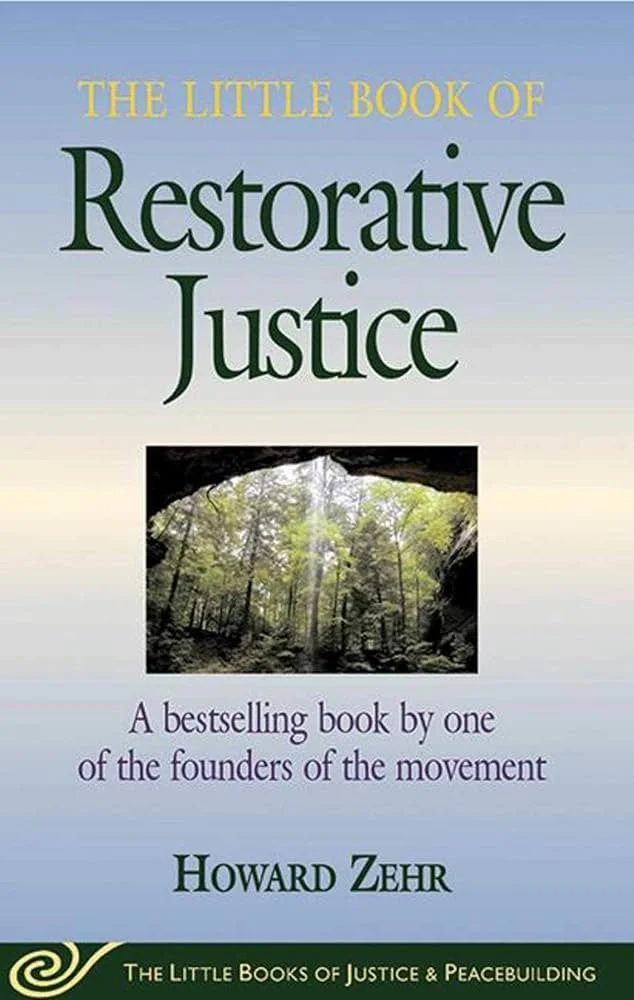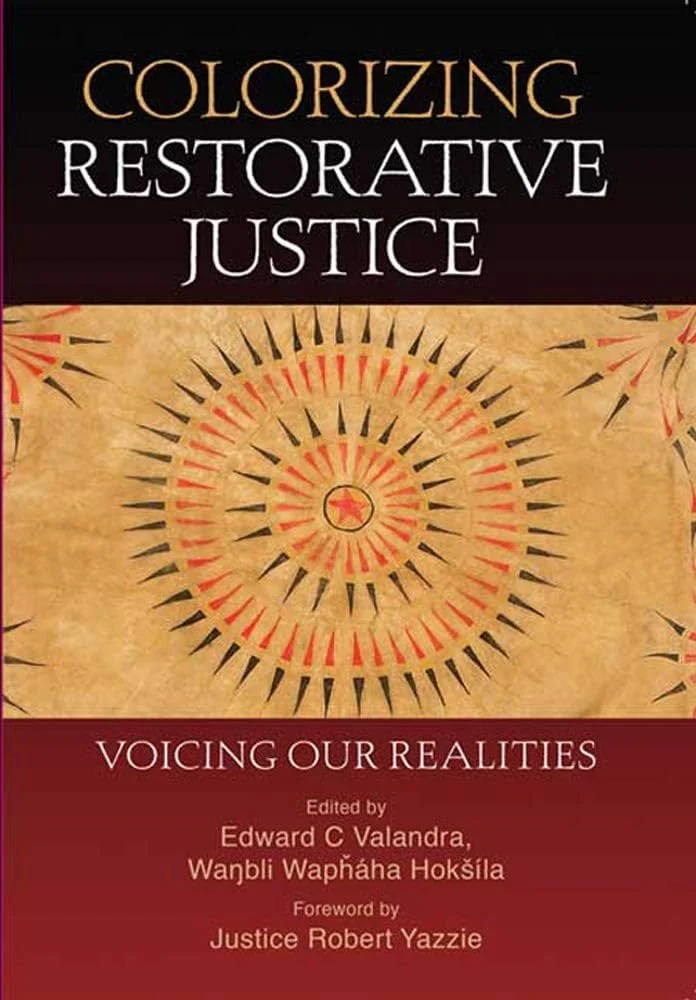Restorative Justice in Action
At the Hartford Community Restorative Justice Center, we believe everyone deserves a chance to be heard, to repair harm, and to move forward. From youth support to transitional housing, our programs meet people where they are and walk with them toward healing and accountability.
In this video, longtime leader Martha McLafferty reflects on our community roots and why restorative justice matters now more than ever.
A Path Toward Stability
With the right support, people can build new lives rooted in safety and dignity. Our team walks alongside each person as they navigate that journey.
In this video, former client Tara Pederzani shares how restorative justice and community care helped her find stability, purpose, and hope.
Restorative Justice Is a Community Practice
Every circle, conversation, and new beginning starts with trust. Restorative justice works because it is rooted in relationships, not just between individuals but throughout the entire community. The process invites people to slow down, listen deeply, and move through conflict with care. This kind of healing is only possible when we invest in one another and stay committed to the work of showing up, even when it's hard.
We work closely with schools, courts, service providers, and neighbors to create safer and more compassionate outcomes. Together, we hold space for accountability, second chances, and meaningful repair. By weaving together a network of support, we help people move forward with dignity while strengthening the bonds that hold our communities together. Real change begins when everyone has a seat at the table.
Essential Restorative Justice Reads
Common Questions & Answers
What is restorative justice?
Restorative justice is a community-based approach to addressing harm. It brings together those affected to talk about what happened, how people were impacted, and what needs to happen to make things right. The goal is healing, accountability, and strengthened community relationships.
How is restorative justice different from the traditional justice system?
Traditional justice focuses on laws, guilt, and punishment. Restorative justice focuses on people. It centers the voices of those harmed and looks for meaningful ways to repair the harm and rebuild trust.
Does restorative justice really work?
Yes. Research and lived experience show that restorative justice can reduce repeat offenses, increase satisfaction among those who have been harmed, and support long-term healing. Many people find the process more humanizing and effective than traditional systems alone.
What kinds of cases can go through restorative justice?
Each case is considered individually. Some involve minor offenses like shoplifting or vandalism, while others address more serious situations. What matters most is that those involved are willing to participate and that the process can be handled safely and respectfully.
Who decides if a case is a good fit for restorative justice?
Cases can be referred by courts, police, probation officers, schools, or community members. Our staff speaks with everyone involved to determine if restorative justice is appropriate. Participation is always voluntary.
Why is this work important for our community?
Restorative justice helps build stronger, safer communities by focusing on healing and accountability. It creates opportunities for people to take responsibility, for those harmed to be heard, and for communities to come together to prevent future harm.
Is restorative justice only for people involved in the criminal justice system?
No. We also work with schools, workplaces, neighborhoods, and families. Restorative practices can be used in any setting where conflict or harm has occurred and where people are open to dialogue.
How can I support this work?
You can donate, volunteer, attend a training, or help spread the word. Community involvement is at the heart of restorative justice. Everyone has a role to play in making our communities more just and compassionate.
Can I refer someone or ask for help?
Yes. Whether you are someone who was harmed, someone who caused harm, or someone trying to support others, you can reach out to us. We will talk through the options with care and help determine the best path forward.







